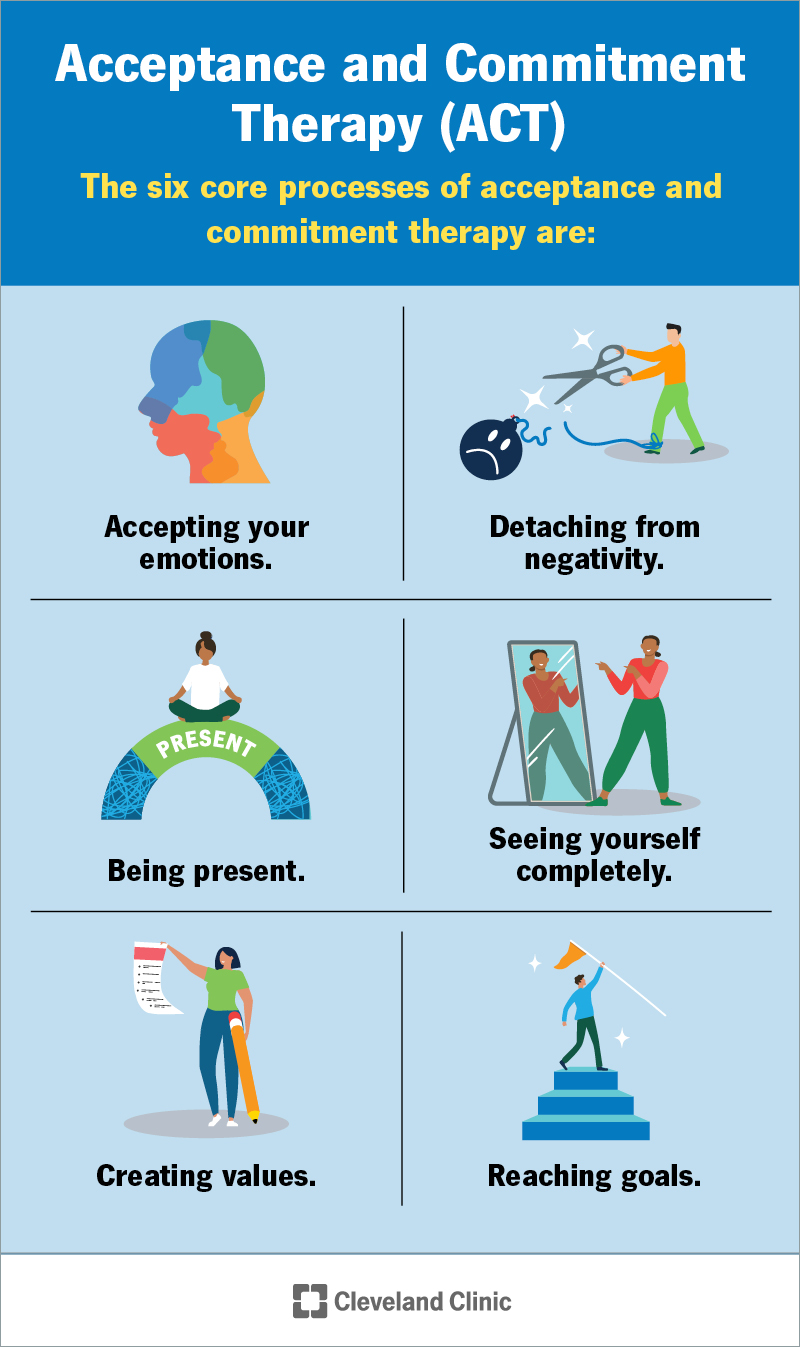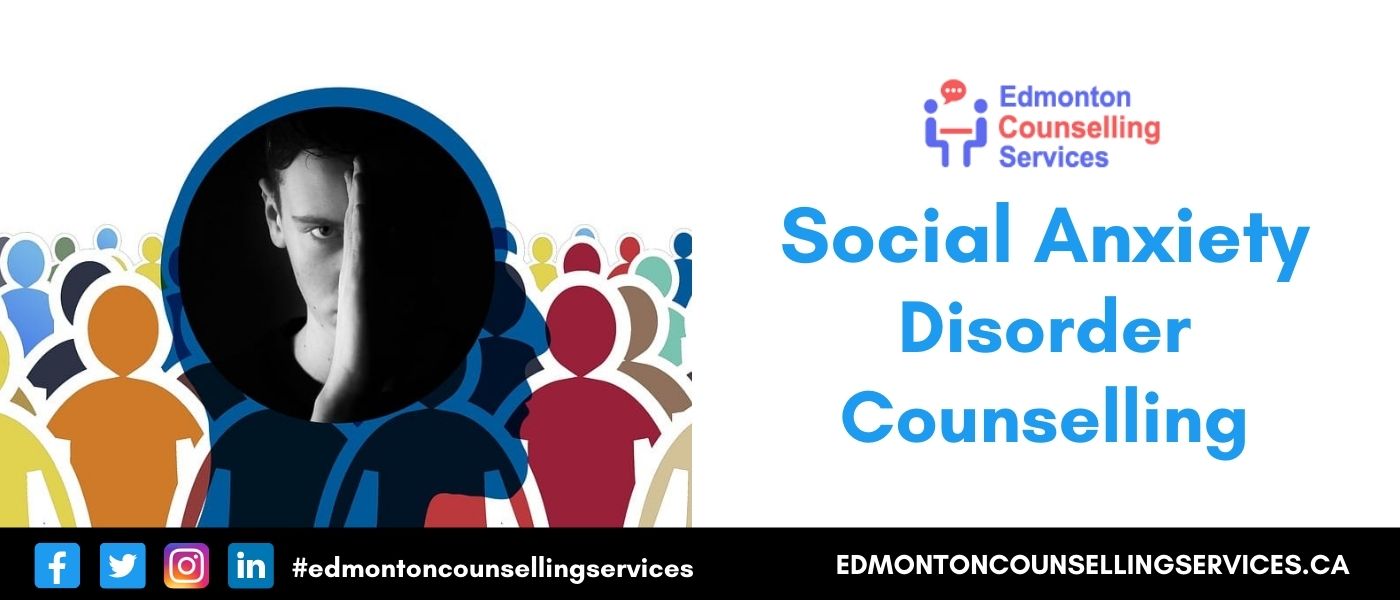Individual counselling for anxiety sessions that truly help
Individual counselling for anxiety sessions that truly help
Blog Article
Exploring Different Methods in Therapy for Stress And Anxiety Condition for Long-term Change
When tackling anxiety disorders, it's important to check out a selection of therapy approaches. Each method provides distinct insights and tools to help you manage your signs successfully. You may locate that incorporating strategies can generate the most effective outcomes. However, comprehending the subtleties of these techniques is vital to promoting long lasting adjustment. What happens if the ideal combination could release a new level of emotional health for you?
Understanding Stress And Anxiety Problems: A Quick Summary
Stress and anxiety disorders, which influence numerous people worldwide, can considerably impact daily life. You could experience overwhelming sensations of fear or stress that seem irrepressible. These sensations can cause physical signs like a racing heart, sweating, or also dizziness. Usual types of anxiety conditions consist of generalized anxiety problem, panic problem, and social anxiousness condition. Each has distinct signs, yet they all share a tendency to interrupt your routine and relationships.Understanding the root creates of your anxiousness is essential. It may come from genes, mind chemistry, or life experiences. Identifying your triggers can aid you handle your reactions much better. It is essential to keep in mind that you're not alone in this battle. Lots of people encounter similar obstacles, and seeking help is a solid step toward sensation much better. By discovering anxiousness conditions, you're already on the course to understanding and managing your condition better.
Cognitive-Behavioral Therapy: Testing Adverse Idea Patterns
In Cognitive-Behavioral Therapy, you'll start by determining the unfavorable idea triggers that add to your stress and anxiety. As soon as you recognize these thoughts, you'll service changing them with even more positive choices. With each other, you'll develop reliable coping strategies to help manage your stress and anxiety in daily scenarios.
Identifying Unfavorable Idea Triggers

When you encounter moments of distress, recognizing the particular triggers behind your negative thoughts can be necessary in taking care of anxiety. Beginning by focusing on scenarios that prompt feelings of worry or fear. Is it a congested space, a forthcoming deadline, or a discussion with particular people? Write down these circumstances in a journal. This will assist you determine patterns in your thinking. Notification physical sensations that accompany your unfavorable thoughts, like a racing heart or tightness in your breast. By determining these triggers, you get insight right into what's sustaining your anxiousness. Recognizing these links is the primary step in challenging those thoughts and ultimately regaining control over your psychological reactions.
Replacing Ideas With Positives
Challenging unfavorable idea patterns is a vital action in changing your way of thinking and decreasing anxiousness. You may commonly find yourself caught in cycles of insecurity or devastating reasoning. Rather of letting these thoughts determine your sensations, practice replacing them with favorable affirmations or realistic options. When you think, "I can't manage this," shift it to, "I can manage challenges one step at a time." This basic change can significantly influence your mood. Regularly identifying and responding to these unfavorable thoughts aids produce a much healthier interior discussion. Keep in mind, it takes time and initiative, yet consistently practicing this method can bring about enduring modification, equipping you to deal with stress and anxiety with restored self-confidence and durability.
Structure Coping Methods With Each Other
Changing adverse thoughts is just the beginning of handling anxiety properly. To create long lasting change, you require to construct coping methods that empower you. Cognitive-Behavioral Treatment (CBT) aids you determine and challenge those purposeless idea patterns. Together, you and your therapist can check out just how these ideas influence your sensations and behaviors.Start by establishing useful methods, like journaling or mindfulness workouts, that allow you to face anxiousness head-on. When you face your anxieties gradually, you'll learn to react in a different way.

Mindfulness and Acceptance-Based Approaches: Growing Present-Moment Recognition
As you navigate the complexities of anxiousness, incorporating mindfulness and acceptance-based strategies can significantly boost your ability to grow present-moment awareness. By concentrating on the present moment, you'll locate that you can observe your ideas and sensations without judgment (Counseling services for anxiety). This practice assists you recognize your anxiousness without really feeling overwhelmed by it.Engaging in mindfulness exercises, such as deep breathing, body scans, or directed reflections, allows you to ground yourself in your present experience. Acceptance-based techniques encourage you to accept your feelings as opposed to combat versus them. They shed their power over you.Incorporating these methods right into your daily routine can change exactly how you react to anxiety when you approve your sensations. You'll establish strength and learn to browse demanding situations with greater convenience. Ultimately, growing present-moment awareness lays the foundation for enduring modification, empowering you to lead a more satisfying life
Direct Exposure Therapy: Confronting Worries Gradually
Direct exposure therapy aids you face your fears in a progressive means, making it much less frustrating. You'll learn methods to face anxiety-provoking scenarios step by step, while also constructing coping methods to manage your reactions. This approach encourages you to take control and reduce anxiousness over time.
Progressive Direct Exposure Strategies

When encountering anxiousness, slowly confronting your anxieties can be an effective method to reclaim control. This strategy, understood as steady exposure, involves gradually subjecting on your own to the scenarios or things that activate your stress and anxiety. Begin with much less challenging scenarios and gradually work your method up to more challenging ones. If you're terrified of public talking, you might begin by speaking in front of a mirror, after that advance to sharing ideas with a friend, and at some point resolve a little team. Each action helps desensitize you to the anxiety, constructing your confidence in time. Keep in mind, it's necessary to pace on your own and celebrate tiny victories as you relocate with this procedure, strengthening your capacity to manage anxiety properly.
Building Coping Approaches
Building efficient coping techniques is necessary for handling anxiousness, particularly as you face your fears progressively - Counseling services for anxiety. One powerful technique is exposure treatment, where you start by facing your anxieties in a regulated manner. Begin with much less frightening circumstances and slowly work your method approximately even more difficult scenarios. This progressive direct exposure aids desensitize you to stress and anxiety activates, making them less overwhelming.Incorporate relaxation methods, such as deep breathing or mindfulness, to relax your mind during direct exposure. Track your development, celebrating little success along the road to boost your self-confidence. Remember, it's alright to take your time; the objective isn't perfection but constant enhancement. By building these techniques, you'll encourage on your own to browse anxiousness and accept life a lot more fully
Psychodynamic Therapy: Uncovering Origin Reasons of Stress And Anxiety
Psychodynamic treatment checks out the unconscious mind, disclosing the source of your anxiety. By analyzing your thoughts, feelings, and previous experiences, this approach helps you discover underlying conflicts and unresolved concerns that might add to your current anxiousness. You'll collaborate with a specialist to investigate youth experiences, connections, and psychological patterns that shape your reactions today.As you gain understanding right into these deeper layers of your psyche, you'll begin to recognize how past occasions influence your present behavior. This understanding can bring about catharsis, allowing you to refine feelings you could have suppressed.Through the restorative connection, you can likewise recognize defense reaction that may have developed with time, supplying a more clear path to transform. Inevitably, psychodynamic treatment outfits you with the tools to resolve your stress and anxiety at its core, promoting lasting change in your psychological health.
Integrative and All Natural Strategies: Combining Techniques for Greater Efficacy
Incorporating various restorative methods can enhance your journey towards managing anxiety a lot more efficiently. By integrating aspects from cognitive-behavioral treatment, mindfulness practices, and holistic strategies, you can create a tailored strategy that resolves your unique needs. You may make use of cognitive-behavioral techniques to challenge unfavorable idea patterns while including mindfulness workouts to ground on your own in the existing moment.Additionally, checking out holistic practices such as yoga exercise or reflection can promote relaxation and reduce anxiousness symptoms. This blend allows you to develop higher self-awareness and resilience.Experimenting with these varied approaches can assist you find what reverberates most with you. Keep in mind, it has to do with finding a synergy that works, as opposed to adhering to a solitary approach. This integrative strategy not only supplies immediate relief but also promotes lasting abilities for taking care of anxiousness, encouraging you to redeem control over your life.
The Role of Support Solutions: Building Resilience Through Link
While it might seem that taking care of stress and anxiety is a solitary journey, having a strong support group can play a vital function in your check here resilience. Surrounding yourself with empathetic buddies, family members, or support system produces a safe area where you can honestly share your experiences and sensations. When you attach with others, you advise on your own that you're not alone in this struggle.These connections provide encouragement and can offer functional coping techniques that have actually worked for others. It's likewise a possibility to gain viewpoint; friends can aid you see situations in a different way, lowering feelings of isolation.Moreover, psychological support promotes a sense of belonging, which can greatly relieve anxiety signs. By leaning on your support group, you can develop resilience and deal with obstacles a lot more effectively. Bear in mind, connecting for assistance is a sign of stamina, and it can make all the difference in your journey toward managing anxiety.
Frequently Asked Concerns
What Are the Common Signs of Anxiousness Problems?
You may experience restlessness, exhaustion, problem concentrating, irritation, muscle tension, and sleep disruptions. Physical symptoms can include quick heart beat, sweating, and trembling. Identifying these indicators early can aid you look for suitable assistance and treatment.
How Much Time Does Treatment Generally Last for Anxiousness Disorders?
Therapy for anxiety problems commonly lasts anywhere from a few weeks to several months. It truly depends on your individual needs, progress, and the strategies your therapist makes use of to aid you handle your anxiousness efficiently.
Can Medicine Be Utilized Along With Treatment for Stress and anxiety?
Yes, drug can most definitely be made use of alongside therapy for stress and anxiety. Incorporating both techniques typically boosts therapy performance, aiding you manage signs while exploring underlying concerns via counseling (Counseling services for anxiety). Always consult your doctor for tailored advice
Exist Self-Help Methods for Managing Anxiousness?
Yes, there are a number of self-help strategies for managing anxiousness. You can practice mindfulness, involve in routine workout, preserve a well balanced diet, establish a routine, and make use of deep breathing methods to aid decrease anxiety signs and symptoms successfully.
Just how Do I Know if I Required Professional Help for Stress And Anxiety?

Report this page